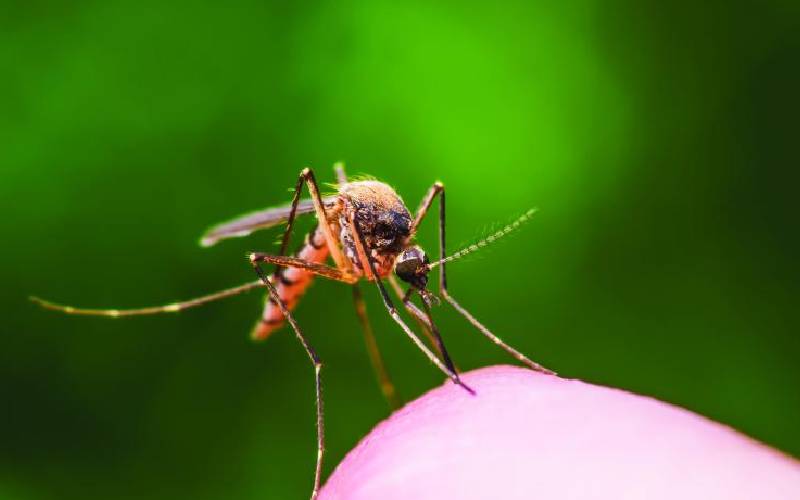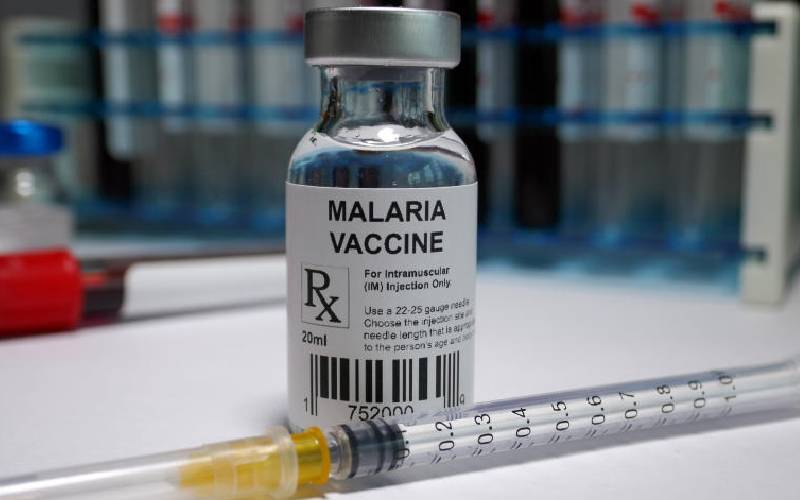
The Government and independent agencies have put the rate of fake malaria drugs at 12-30 per cent, which is one hurdle in the fight, control and spread of malaria.
Though the National Quality Control Laboratory, Kenya Medical Research Institute (Kemri) and Pharmacy and Poisons Board put counterfeit malaria drugs at 12 per cent, the Kenya Association of Pharmaceutical Industry (KAPI) and Pharmaceutical Society of Kenya (PSK) say their survey put it at 30 per cent.
This is worrying, considering malaria is Kenya’s leading killer disease, with pregnant women and children under five at most risk.
Malaria is estimated to account for 30 per cent of visits to hospitals in Kenya, according to the Ministry of Health, which also reveals that the disease slows economic growth by 1.3 per cent annually.
The World Health Organisation (WHO) and stakeholders like Private Sector Roll Back Malaria East Africa now recommend the use of long-lasting insect-treated bed nets. However, the nets are too expensive for ordinary Kenyans living on less than a dollar a day.
According to Dr Barnabas Bwambok, the former chair of Private Sector Roll Back Malaria: “The continued resistance to new and old drugs and the ban of DDT in controlling mosquitoes has complicated the war on malaria.”
He explains that the ban of DDT due to its danger to the environment, was not followed with a replacement in controlling the mosquito carrying parasite.
And though the Global Fund For Malaria, HIV//AIDS and Tuberculosis, bankrolls free treatment of malaria in public hospitals, health centres and dispensaries, some government facilities especially in rural Kenya still charge for treatment of malaria.

The Global Fund is also supposed to significantly reduce the prices of anti-malarial drugs, but Artemisinin-based drugs are still sold to the public at Sh600 instead of Sh100 in rural areas.
Prof Charles Chunge, an expert on tropical diseases and Director, Centre for Travel and Communicable Diseases warns that malaria has also become resistant to first-line drugs in many countries and the reason new but more expensive drugs or therapies based on Artemisinin are now recommended by doctors as they can delay the emergence of resistance.
Wrong diagnosis is another challenge facing the war against malaria.
Some medics wrongly diagnose malaria for other diseases like dengue fever, typhoid fever and Brucella, which have similar symptoms to malaria.
Donor dependency in fighting malaria is another challenge and should donors withdraw as they did with HIV projects, the consequences would be dire.
“There is no national budget for expensive drugs for malaria by the Ministry of Health. Meaning, we are at the mercy of the donors,” says Prof Chunge.
Dr Mohan Lumba, an expert on tropical diseases, said research shows that majority of children in urban areas sleep under insect-treated nets unlike those in rural areas, adding “the government and other stakeholders must intensify and increase the distributions of nets to people at risk of infections in rural areas in endemic zones.”
 The Standard Group Plc is a multi-media organization with investments in media platforms spanning newspaper print
operations, television, radio broadcasting, digital and online services. The Standard Group is recognized as a
leading multi-media house in Kenya with a key influence in matters of national and international interest.
The Standard Group Plc is a multi-media organization with investments in media platforms spanning newspaper print
operations, television, radio broadcasting, digital and online services. The Standard Group is recognized as a
leading multi-media house in Kenya with a key influence in matters of national and international interest.











